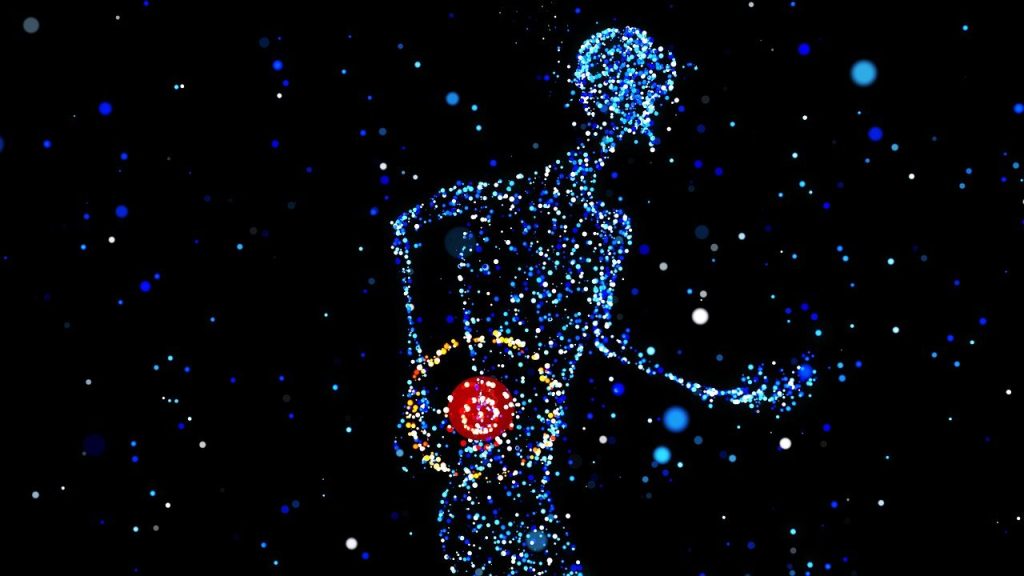Facing a DUI charge can be a pivotal moment in a person’s life. It marks not just a legal transgression but also an opportunity for profound personal reflection and growth. Recognizing this, a holistic approach to first-time DUI offender education becomes paramount. Rather than merely punitive measures, such programs aim to transform individuals from making a mistake to mastering their behaviors and choices. At the heart of this approach lies the understanding that a DUI offense often stems from deeper issues such as alcohol dependency, lack of awareness, or poor decision-making skills. Thus, education should not focus solely on the legal consequences but also delve into the root causes and provide resources for addressing them. One key aspect of a holistic DUI education program is providing comprehensive information about the risks and consequences of impaired driving. This includes not only legal penalties but also the potential for injury, loss of life, and emotional trauma to oneself and others. By painting a vivid picture of the real-world impact of DUI incidents, offenders are more likely to internalize the gravity of their actions and commit to change.
This may involve teaching effective coping mechanisms for stress or peer pressure, as well as developing plans for alternative transportation when alcohol is involved. By empowering individuals with the tools to make better choices, they can regain control over their behaviors and avoid repeating past mistakes. Additionally, a holistic approach recognizes the importance of addressing underlying issues such as alcohol abuse or mental health concerns. DUI offenders may benefit from access to counseling, support groups, or rehabilitation programs to address these issues and prevent future relapses. By treating the root causes rather than just the symptoms, individuals can achieve lasting transformation and reduce the likelihood of reoffending. Furthermore, community involvement is essential for the success of such programs. Engaging local stakeholders such as law enforcement, schools, businesses, and healthcare providers can help create a supportive environment for DUI offenders to reintegrate into society. This may involve collaborating on public awareness campaigns, offering employment or educational opportunities, or providing access to community resources.
Moreover, such programs should offer practical strategies for preventing future DUI incidents. Ultimately, the goal of a holistic DUI education program is to empower individuals to take responsibility for their actions and make positive changes in their lives. By providing education, support, and resources, offenders can transition from feeling shame and regret to feeling empowered and in control of their futures. Rather than viewing a DUI charge as the end of the road, it becomes a catalyst for personal growth and transformation and Visit site. A holistic approach to first-time DUI offender education recognizes that mistakes can serve as opportunities for learning and growth. By addressing the root causes of impaired driving, providing comprehensive education and support, and engaging the community, individuals can move beyond their past mistakes and become masters of their own destinies. Through this approach, we can create safer roads, healthier communities, and individuals who are empowered to make positive choices for themselves and others.

 Human resources leadership as a hypothesis has been changing and reevaluating itself throughout the course of recent years. HR began as an exceptionally adjusted and organized area of business and has formed into a key and open-finished one. In conditions of consistent change, it is pivotal to comprehend what HR leadership implies at the present time, right now, and being a fruitful HR leader today. Being a decent tactician and leader are the initial moves toward turning into a good example of
Human resources leadership as a hypothesis has been changing and reevaluating itself throughout the course of recent years. HR began as an exceptionally adjusted and organized area of business and has formed into a key and open-finished one. In conditions of consistent change, it is pivotal to comprehend what HR leadership implies at the present time, right now, and being a fruitful HR leader today. Being a decent tactician and leader are the initial moves toward turning into a good example of 





